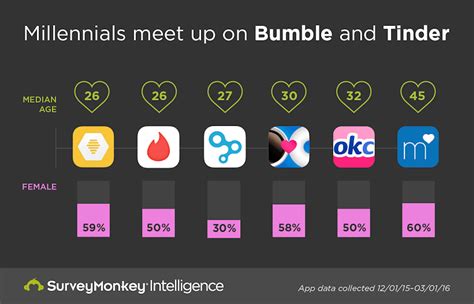In the age of digital transformation, dating apps seemed like the logical next step for romantic endeavors, with promises of streamlining the process of meeting potential partners. Yet, despite their initial success, an unsettling trend has emerged: young women are increasingly falling out of love with these platforms. What could possibly drive this disenchantment in a landscape saturated with technology designed to optimize and simplify? The reasons are numerous and multifaceted, reflecting deeper societal dynamics and the unfulfilled promises these apps have left in their wake.
One of the most crucial factors behind this trend is the barrage of unsolicited messages and inappropriate content that women often face on these platforms. From unwanted overtures to outright threats, the user experience can quickly turn hostile. The frustration was echoed by many users, one of whom mentioned how men would resort to threats of physical harm when spurned. This kind of environment is not conducive to fostering meaningful connections and reflects broader societal issues involving gender and safety.
The superficial nature of online interactions further exacerbates the problem. Dating apps often reduce potential connections to a few swipes and brief bios, stripping away the nuanced process of getting to know someone. One user insightfully pointed out that real bonds and deep relationships usually don’t develop over such fleeting encounters. These platforms create a paradox—they facilitate numerous first dates but seldom lead to second dates or long-term relationships. The expectation of instant perfection puts undue pressure on first meetings, making any minor flaw a dealbreaker.
This superficiality is not restricted to profiles and bios alone. The algorithms behind these apps are designed to maximize engagement, often at the expense of genuine matches. Instead of creating environments where people can deeply connect, they prioritize maintaining user activity. This is articulated well by one user who stated that dating apps are more interested in revenue generation than in user success. A connection that leads to users leaving the app is less profitable than endless swiping.
Moreover, dating apps fail to simulate important non-verbal communication cues that are crucial in forming a connection. Authentic human interaction goes beyond text and images; it involves body language, tone of voice, and other subtle intricacies that are hard to capture digitally. As a result, many women—and men—find the digital dating landscape unfulfilling and frustrating. One commenter eloquently likened the current state of dating apps to a numbers game, where the pursuit of a meaningful relationship is reduced to a superficial competition.
The data also reveals an alarming gender asymmetry. While men generally aren’t thrilled with the system either, they are more likely to continue using it due to the desire for convenience and the societal imperative to seek out partners. Women, on the other hand, are increasingly opting out, seeking safer and more authentic avenues for meeting potential partners. As pointed out by multiple commenters, safety concerns and behavioral mismatches render these platforms hostile spaces for women, reinforcing their decision to look elsewhere for love.
The disillusionment with dating apps also reflects a broader societal shift. Younger generations are becoming increasingly wary of technology that commodifies human relationships. The backlash isn’t just about finding the right match; it’s a reaction against algorithms and platforms intruding into the deeply human domain of romance and affection. This evolving sentiment indicates that a reevaluation of how technology intersects with our most personal experiences is urgently needed.
What then, could be the solution to this modern conundrum? Some commentators suggested creating non-profit, community-driven dating platforms that focus on user success rather than engagement metrics. The idea is to pivot from profit-centered models to those that prioritize genuine human connections. This shift could not only improve user experiences on dating platforms but also offer a more ethical blueprint for other tech-driven social interactions.
In conclusion, the growing disinterest among young women in dating apps underscores significant flaws within these platforms. From safety issues to superficial interactions and economic exploitation, the challenges are manifold. This trend is a highlighter for deeper societal problems and a call to rethink how we use technology to connect. A more human-centric approach, perhaps even a return to traditional matchmaking facilitated by trusted connections, may be the answer to restoring faith in the possibility of finding true love in the digital age.


Leave a Reply